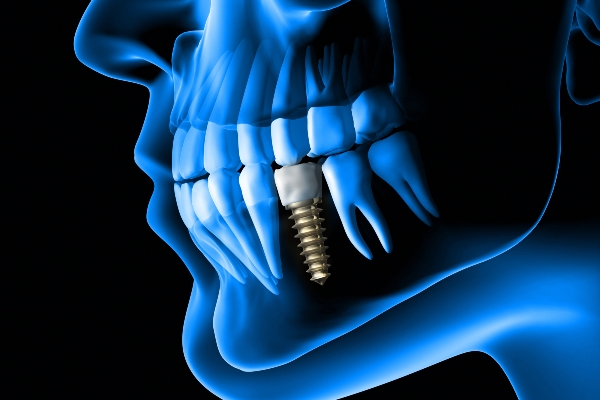Root Canal Therapy? 3 Common Signs of a Tooth Infection

Root canals can be daunting, however, what most people don’t know is that they are actually done in order to remove a tooth infection. Root canal therapy aims to improve a patient’s oral and dental health by eliminating any signs of infection.
General dentists recommend root canal therapy once a tooth is severely infected. Below, we discuss a few signs of tooth infection so that patients know how to avoid root canal therapy from the start.
Root canal therapy: three signs of tooth infection
Having an infected tooth tends to present obvious signs, find out more about these below!
1. Pain or discomfort
One of the main signs of a tooth infection is when there is significant or ongoing pain. Most people that end up needing a root canal mention that they have pain or discomfort within, on and around the infected tooth. This pain and discomfort is a result of the bacteria eating away at the tooth, causing decay.
Most of the time, if the pain is ongoing, it is likely that there is a need for root canal therapy. It will be up to a general dentist to determine whether or not a root canal is needed. Sometimes, in order to eliminate the pain, the therapy may be required.
2. Bleeding or swelling
When a tooth infection is on the rise, it is best for the patient to keep an eye out for any bleeding or swelling that might be taking place. Bleeding may occur when brushing or flossing is done, as well as when the tooth is used for eating. Any swelling may be ongoing, which should not go ignored.
Both bleeding and swelling may indicate a tooth infection. If a general dentist is unable to remedy either symptom then root canal therapy may be necessary to completely remove and repair the tooth that is infected.
3. Foul breath
Another sign of a tooth infection is foul breath. While some people naturally have bad breath, others may have a tooth infection that's causing it. Tooth infections can cause an immense amount of bacteria buildup, which almost always puts off a foul smell.
In severe situations, root canal therapy may be the only way to solve foul-smelling breath from a tooth infection. It’s best to consult with a general dentist regarding foul breath and what may be causing it. If it is determined that the root cause is an infection, a root canal will likely be recommended.
Contact us today!
Are you wondering if you have a tooth infection? Our team may be able to help you. We can evaluate your teeth to determine whether or not an infection is present. If you need a root canal then we are also happy to help get you started. Give us a call or stop by our office today so that we can help you further.
Request an appointment here: https://www.thanasasdds.com or call Thanasas Family Dental Care at (248) 260-2878 for an appointment in our Troy office.
Check out what others are saying about our services on Yelp: Read our Yelp reviews.
Recent Posts
Dental implants can bring back stability and aesthetic value to your mouth. Losing at least one tooth can affect your appearance. It can also affect the way you interact with other people. Getting implants is a big decision. That is why you need to know what the procedure entails. Here are the things you should…
A healthy smile requires a lifetime of care. Your family dentist can start looking after your teeth from a young age and continue through adulthood. Two visits a year are recommended for professional cleanings and thorough checkups, but it is also critical that you incorporate appropriate daily oral hygiene steps to prevent problems from occurring…
Dental implants are an effective replacement for missing and damaged teeth. There are, however, some factors that may cause implants to fail. If you have noticed the signs of failing implants — such as severe pain, trouble chewing, and gum inflammation — it is important to consult a dentist to curb the problem. This article…
Preventive dentistry can help you avoid issues like tooth decay and gum disease, which are the most common issues that dentists deal with. Keeping your teeth and gums healthy starts with having a consistent oral hygiene routine.Many of the dental issues that you might find yourself dealing with start with the bacteria in your mouth.…


